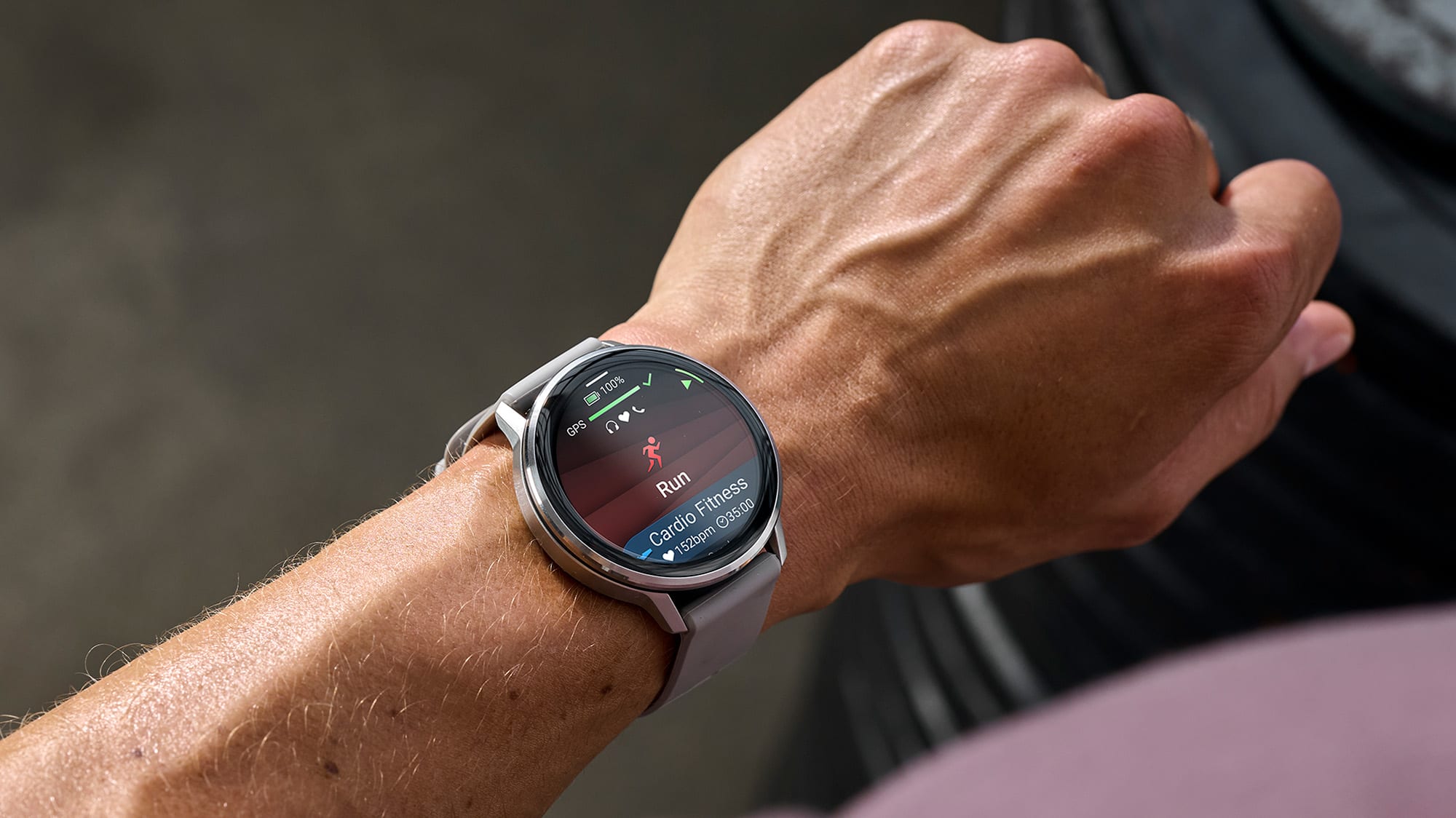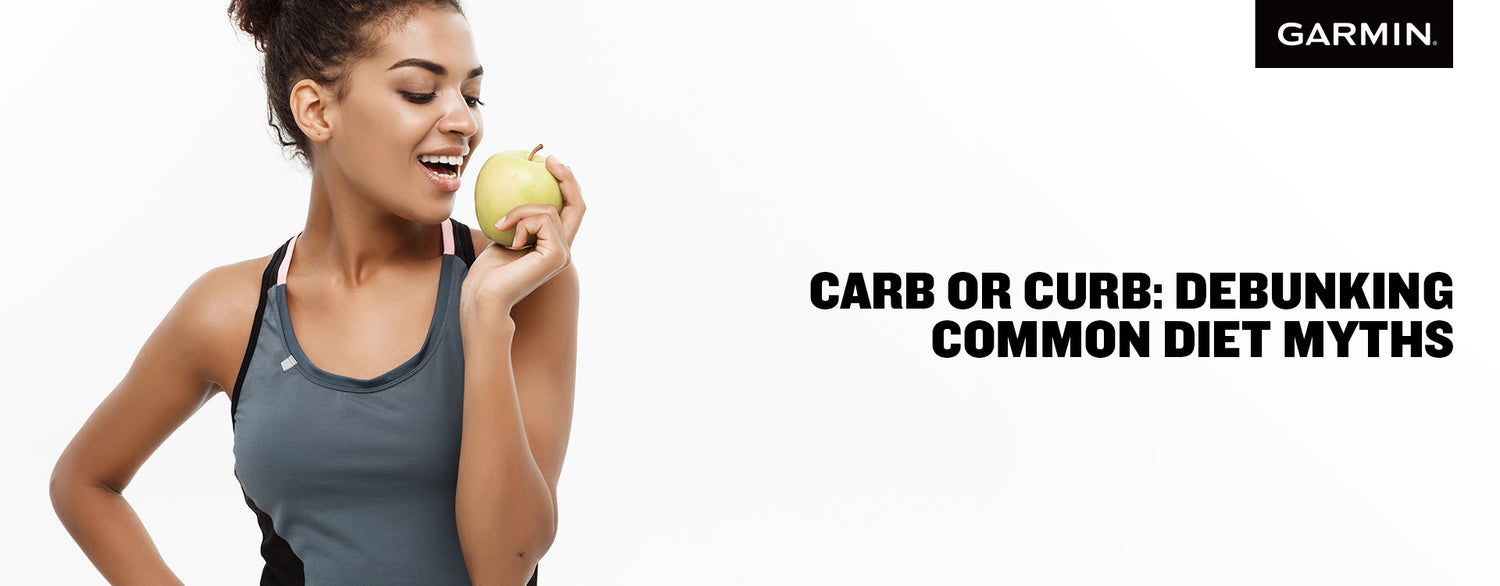Dieting is not a walk in the park as you might have been led to believe. There is a big pool of myths and misconceptions surrounding dieting, which often hold people back and cause them to adopt a routine that is not at all healthy. In this article, we will debunk common diet myths and help you discover what's the real deal for you to achieve that dream body and reach those fitness goals.
To fast or not to fast?—that is the question. We humans are creatures of habit, and we have been programmed to eat in certain ways. But when it comes to fitness and weight loss, we have been introduced to yet another set of rules on what we should start or stop doing. But before you start cutting back on carbs or curbing your sweets intake, there is a lot you need to know to help you get the right understanding of what an effective diet plan is.
Every diet is different and varies when it comes to how they should be followed. Even with all the Google searches and our attempts at finding the best eating patterns, we still have a lot to learn about healthy living, healthy eating, and how to get just that little bit more out of ourselves in order to achieve that dream bod.
And this is where our journey begins.
Myth #1: Carbs are the enemy

Carbohydrates are not your enemy! Of course, too much of it can cause problems, but to cut out the body’s preferred source of energy will do you more harm than good. Carbohydrates provide the energy we need to function, thrive, work, work out, and most importantly, survive! All carbohydrates form glucose when broken down. Glucose is the fundamental fuel for all of the body’s functions. Glucose is transported by means of blood and taken into cells to be converted into energy. Insulin, which is produced by the pancreas gland, plays an important role as it controls the uptake of glucose by your cells.
If you take away carbs from your diet, you will end up feeling tired and lethargic most likely from carb cravings. Carbs are not at all bad; in fact, they are good for everyone! The key is to consume them in moderation.
Myth #2: Skipping meals is the best way to lose weight

Some people think that skipping meals will make them lose weight, but research says otherwise. Eating, especially in the morning, is critical for weight loss, particularly for those trying to lose body fat.
A study found that people who skip breakfast are more likely to consume more calories during lunch and dinner and even eat more total calories than those who eat breakfast.
Skipping meals can make you feel tired and hungry, meaning you'll be more likely to crave high-fat, high-calorie snacks or compensate with bigger meals when you do eat. It's harder to make a healthy choice when you are very hungry. Build a regular pattern when it comes to your meals and plan ahead to make sure you look forward to tasty and healthy options.
Myth #3: You can only eat a limited range of food

If you want to lose weight and keep it off, then the best diet for that is one that helps you reach your health and fitness goals. The key is not necessarily what you eat but how much.
Diet plans are often based on fad diets that tell us we should eat only this or that. The problem with these diets is that they don’t work in the long term and tend to be very boring. They also don’t provide enough calories to keep you energized throughout the day, so if you need to take vitamin and mineral supplements alongside a diet plan, that’s a clue that it might not be providing you with all the nutrients your body needs to function properly. It’s not necessary to starve yourself or go on crash diets in order to lose weight; making small changes you can stick to is the key to long-term success.
Myth #4: Eating a lot as long as it’s low-fat is okay
The most popular diet fads have a lot of buzzwords. Low-fat is one of them. The term has been widely used to sell products for years, and it’s become so ingrained in our brains that we’re able to recognize “low-fat” even when it’s not mentioned on the label. But does it really mean what you think it means?
Don’t rely on low-fat, meaning low-calorie foods. More often than not, replacing fat with other ingredients can mean using something with high calorie content. Quantity is also important. You are not cutting calories if you eat twice as much of a low-fat product as you would a full-fat one. Pre-packaged, low-fat foods are also often high in sugar and preservatives, which can be detrimental to health. Natural fats found in nuts, seeds, fish, and avocados are crucial for glowing skin and reducing the risk of heart disease.
Myth #5: Certain food burns fat
The most common myth is that certain foods burn fat and that they help you lose weight more quickly. The truth is that no foods burn fat, make you lose weight more quickly, or increase your metabolism enough to help with weight loss. Diets that focus on single foods are restrictive and lack nutrients the body needs. They're also unsustainable. The weight you lose as a result of calorie restriction will likely come back once you discontinue.
Takeaway
There is no doubt that the way we eat affects our mood. The foods we eat can have an immediate impact on our energy level and outlook. If you're trying to lose weight, a poor diet can make it harder for you to reach your goal.
If you're trying to maintain a healthy diet and lifestyle, there are many things you can do to make eating healthier a part of your daily routine.
Planning healthy snacks between meals can help you control your appetite. Fruit, vegetables, crudités, unsalted nuts and seeds, and dairy foods such as yogurt are great choices.
Eat smaller portions throughout the day so that you feel satisfied without overdoing it on calories or fat. This will help prevent overeating at mealtime.
It is also important to remember that without exercise, diet can only do so much. We have to be able to maintain an active lifestyle in order to effectively burn those calories and fats.
The good news is that there are plenty of ways we can incorporate exercise into our daily lives. There are also many different forms of exercises that we can choose from depending on our goals and needs.

Garmin’s Vivosmart 5 is the new fitness tracker trend that incorporates a healthy look into your everyday style. It’s a very handy smartwatch for those who really don’t like bulky watches but at the same time want a smartwatch that’s packed with advanced features to help them track their everyday progress towards their goals.
If you need a comfortable device that’s with you every step of the way, the Vívosmart 5 is your go-to, easy-to-use fitness tracker that will monitor your health and help you stay active from sunup to sundown. It tracks your steps, heart rate, and energy levels. And Garmin made it as simple as ever.
Featuring a bright display and up to 7 days of battery life, it helps you break a sweat your way with preloaded sports apps. You can also catch some z’s, then wake to a score based on your sleep quality. It helps you take charge of your health whatever day it is.
So if you want an effective diet plan and start practicing a healthy lifestyle for the rest of your days, keep those tips above in mind and work your way to fitness by incorporating health into your everyday look with the Vivosmart 5 fitness tracker!










Leave a comment
All comments are moderated before being published.
This site is protected by hCaptcha and the hCaptcha Privacy Policy and Terms of Service apply.